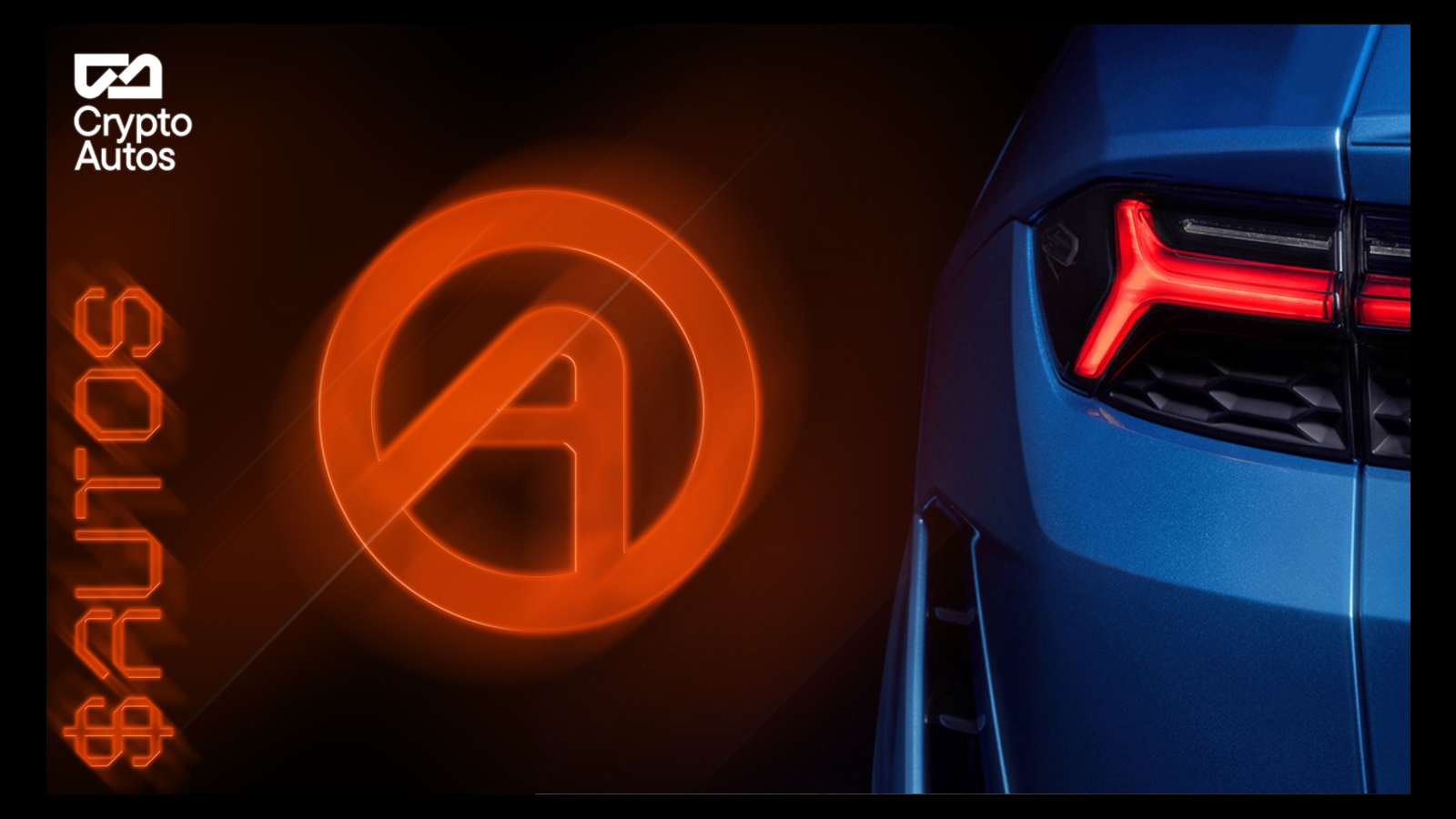ARTICLE AD
Kang stated that investing in meme coins isn’t fundamentally different from investing in conventional assets that yield substantial returns.
Meme coins have been of particular interest to crypto enthusiasts after several Solana-based meme coins delivered multifold returns over the past few months. As per Mechanism Capital co-founder Andrew Kang, a “new class” of meme coins has been emerging recently that capitalize on deeper “culture”. Kang added that this class of meme coins would be far more profitable than the standard players like Dogecoin (DOGE), Shiba Inu (SHIB), and others.
On Sunday, April 7, Kang shared his thoughts on a new class of “culture coins” in a detailed post on X. This particular category of meme coins would cater to brands, politics, religion, and lifestyle. Furthermore, they would have the capacity to be far more viral than the popular meme coins in the previous cycle. In his post, Kang wrote:
“Communities with strong values and identities naturally try to convert others to their beliefs and publicly display what it is they love about their lifestyle. They are inherently viral. The ideologies of these communities can be purely about politics, religion, consumer goods, sport, way of life or can be a mixture of all.”
As a recent example of the success of “culture coins” Kang cited the example of two Solana-based meme coins – Jeo Boden (BODEN) and Doland Tremp (TREMP). These meme coins grew rapidly out of the communities that harbor “anti-woke, anti-Biden, and right-wing views”.
Since its launch last month on March 9, BODEN has grown considerably by over 700,000% since its inception. Currently, BODEN has a market cap of $475 million, while occupying a spot among the top 200 altcoins by market cap. Similarly, TREMP, the Donal Trump parody coin has gained strong traction since its launch on February 27.
Consumer Brand Meme Coins
Andrew Kang also drew his followers’ attention to meme coins drawing inspiration from successful consumer brands, naming ZYN and MOUTAI as his firm’s investments. Kang added:
“Compared to animal coins, coins that represent consumer brands can have the additional advantage of leveraging the associated lifestyle of that brand for added virality.”
In essence, Kang proposed that investing in meme coins isn’t fundamentally different from investing in conventional assets that yield substantial returns.
“The assets experiencing the most significant surges (stocks, real estate, metals, coins, etc.) are merely those that instill the highest level of belief in people,” he remarked. Nevertheless, opinions among crypto industry experts vary regarding the influence of meme coins on the sector.
The crypto community currently remains divided over the future of meme coins. Recently, BitMEX co-founder Arthur Hayes stated that meme coins are net-positive for their respective blockchains. On the other hand, others believe that they are nothing but speculative and dangerous assets.

 7 months ago
17
7 months ago
17 

